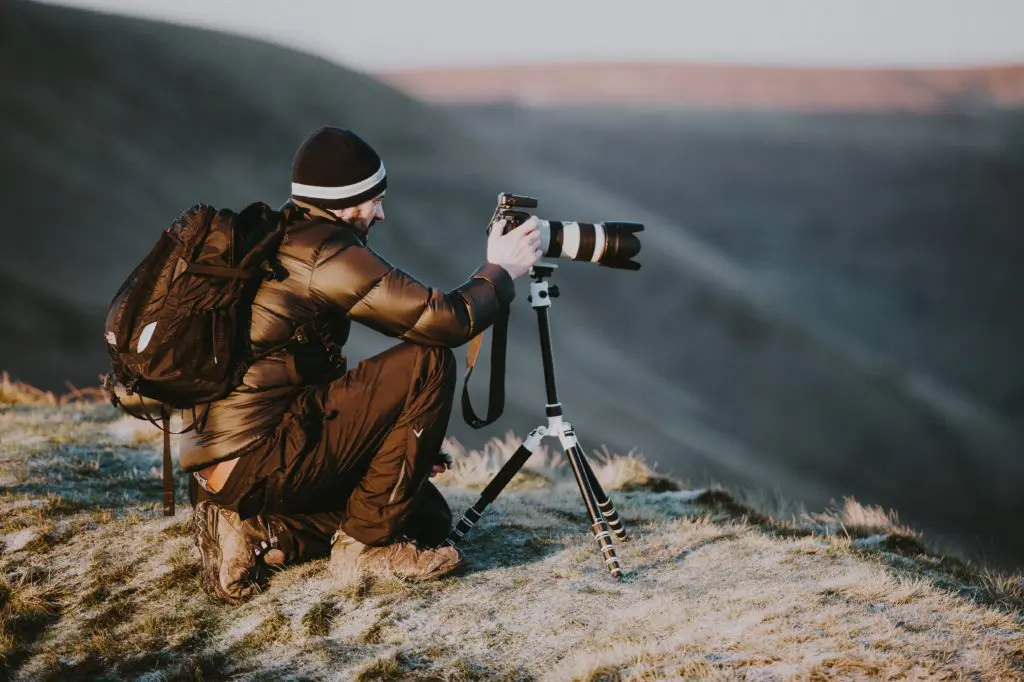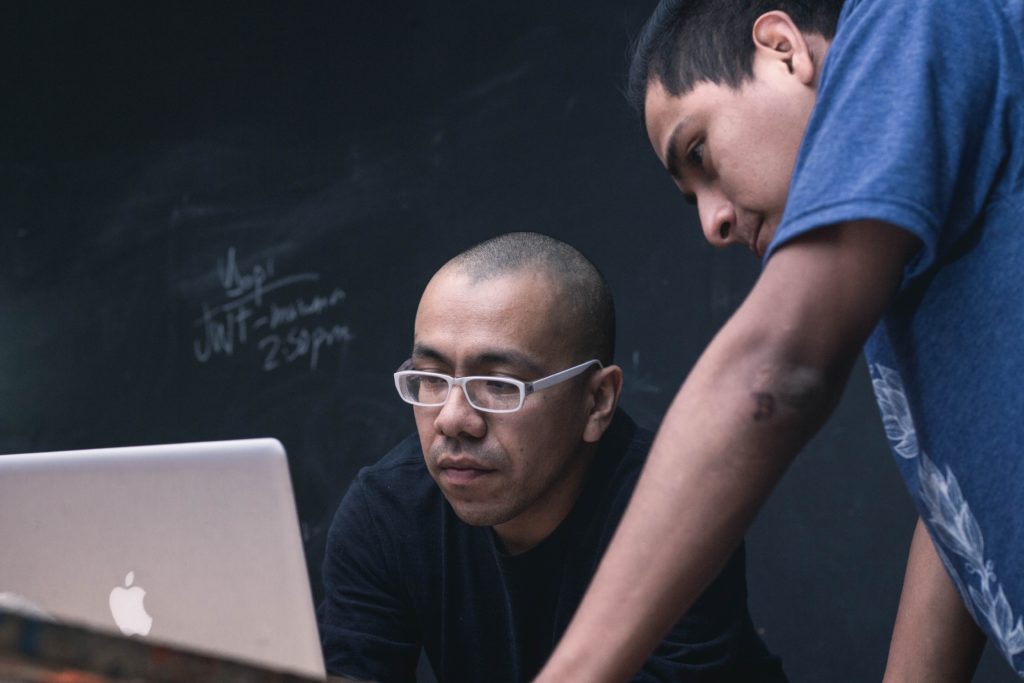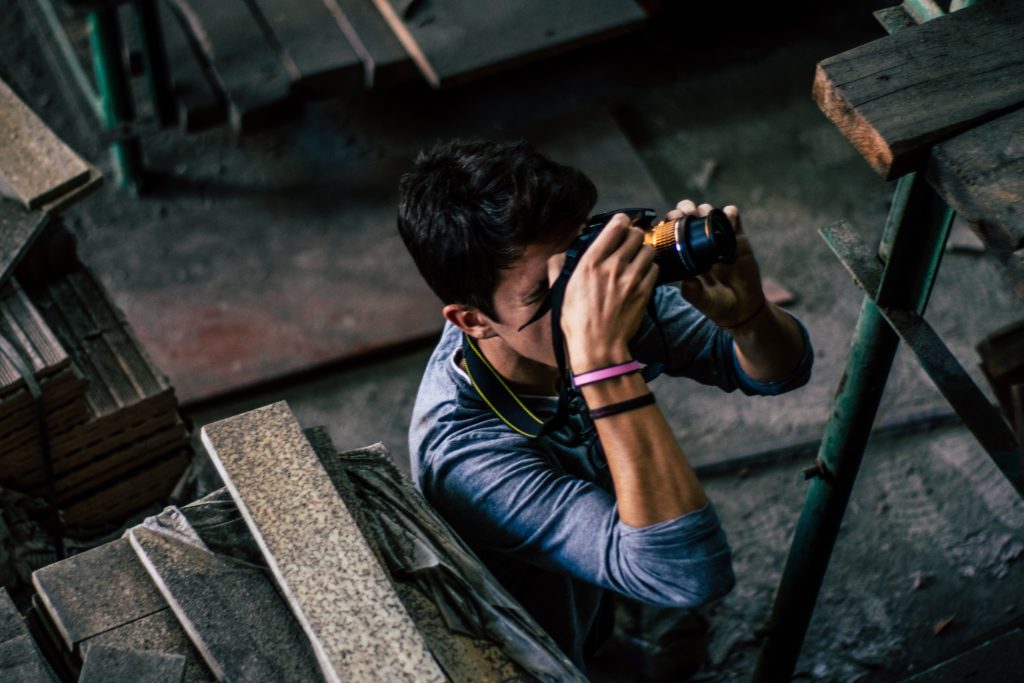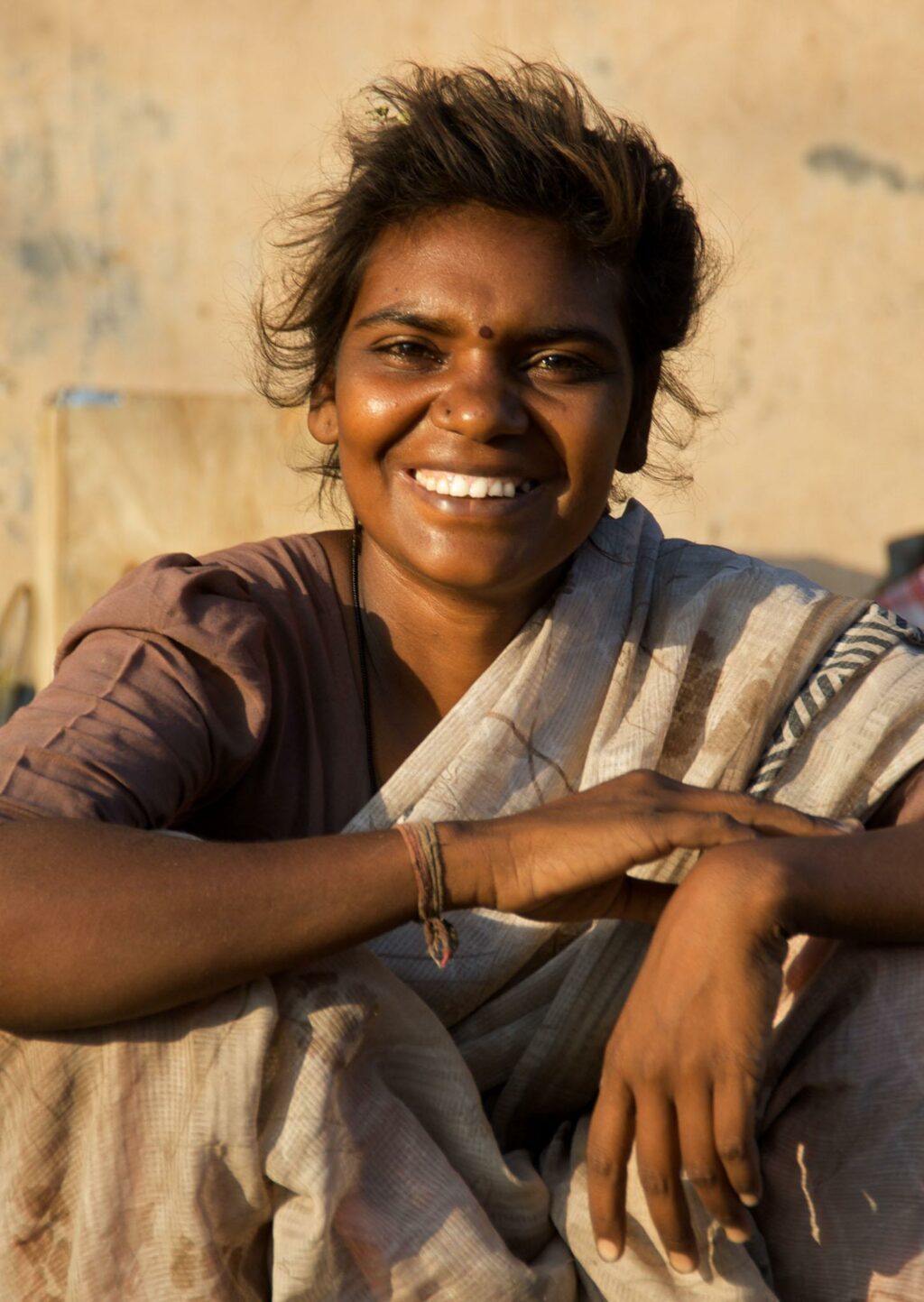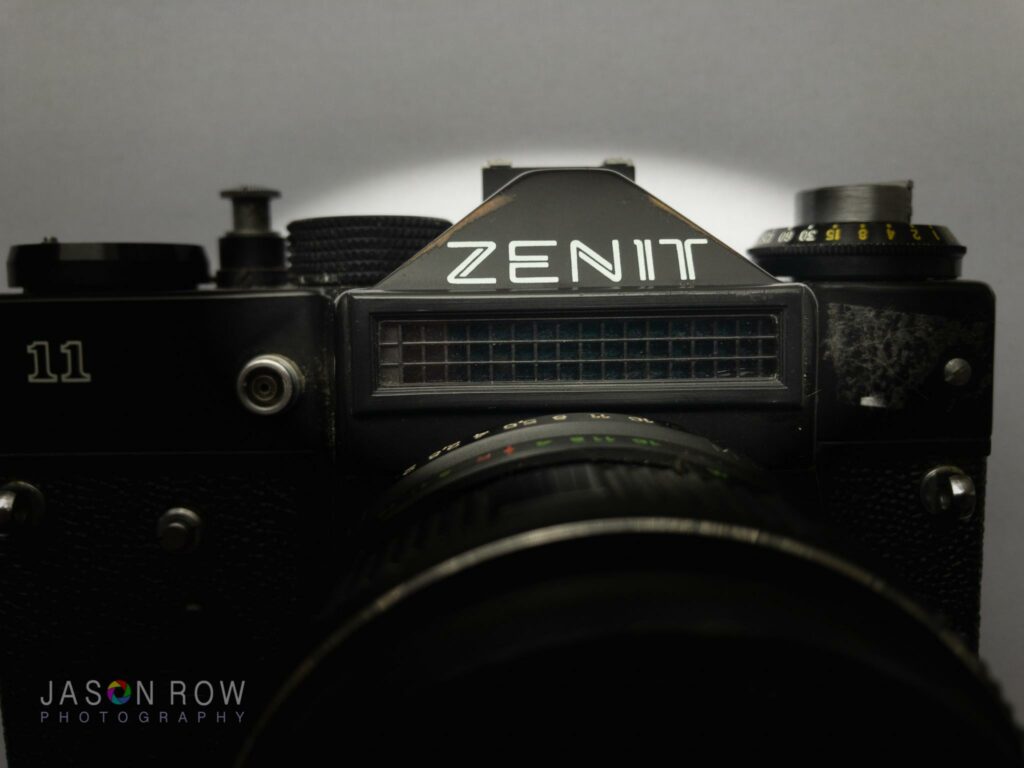Teaching photography well is not an easy thing, but it is incredibly rewarding. After two years of formally teaching photography at a University, I've learned a few things that photography educators have in common, and today I want to share them with you.
1. You Have To Have Outstanding Organizational Skills
Teaching is a process that should be organized. Many people have trouble when it comes to organizing projects. Like any subject, photography has to have a purpose and a direction when being taught. Therefore, if you improvise while teaching, then you fall under the category of “someone who shares stuff with others”, but that can't really be categorized as teaching.
The best way to organize a class is by dividing it into smaller courses or topics, and each one should follow a specific script. Let me illustrate this for you by telling you how I develop my lectures. Each lecture is 5 hours long at the university I work for, and planning a script that covers specifically each minute of those 5 hours is an impossible task. So, what I do is I breakdown my topics into smaller items, and I always keep an eye on the clock. Only practice will give you the ability to manage time correctly, and participation or feedback from the students is a useful strategy to keep things flowing.
If you have poor organizational skills, then you need to think twice about teaching photography. If you are more of a free spirit that likes to improvise, then teaching might not be for you.
2. You Need The Patience of a Saint
People in the early part of the learning process have a lot of doubts and questions, and you have to be able to listen carefully to them. If you lose your patience, then it would be irresponsible for you to teach.
I always try to explain the most complex things like “aperture” or the “inverse-square law” with practical examples (and even jokes), so people understand it in the easiest possible way. One of the awful things someone teaching photography can do is to appear to be elitist. Photography can be as highly complex as you want it to be.
Jeez, think about all the math involved in optics and electronics! The real delicacy about teaching is to transmit highly complex knowledge into simple and very digestible bites. That is the beauty of teaching and the best evidence that you truly know and love what you are imparting. And to make things even more complicated, (and this goes for those conducting workshops) you'll have to deal with a diverse array of people and ages, and each one has a unique learning curve.
One of the biggest concerns my students have in the early stages of photography is dealing with manual exposure. I breakdown Photography 101 into three separate topics, first is “History of Photography”, because it is vital to understand what has come before so we can build on the foundations set by the greats of the art.
After covering history, I teach manual exposure and then, composition. Many people try to fit these last two into a single topic, and that is very harmful. When teachers do this, new learners tend to worry way more about nailing exposure manually and forget about composition. Composition is the soul of the image, and a photo can be perfect in technical terms, but lack soul – then it is a meaningless photograph.
3. You Must Embrace Competition
Alright, let's get serious about this. If you are one of those photographers that fear being surpassed by your students, then you shouldn't be teaching at all. The whole point about sharing knowledge is to make things easier for others so they can reach further than us. Seeing students as competition is an anti-pedagogical practice, and an absolute contradiction as well.
I've seen many “educators” avoiding teaching particular topics, and even worse, I've seen people telling students to do things that they shouldn't do. The most obvious example I can find is when “photography educators” tell students to shoot in monochrome mode right from inside the camera if they want black and white images. You all know that in our digital world, this is a 100% post-production decision (unless you own one of those pricey Leica Monochrom cameras of course).
4. Your Knowledge Of Photography's History Should Be Strong

If you have poor knowledge about the history of photography and the history of photographers, then teaching isn't for you now. Go back to your place, read, and then come back.
Knowing about history is fundamental because it gives newcomer photographers two things. First, knowing about what has been done in the past, and more importantly, the historical context around those images tells us a lot about photographic decisions making. Second, it is important to remember that we are building on the past, so once you've chosen a niche or genre, then thoroughly understanding the giants of your genre allows you to move the genre forward creatively
5. You Need To Be Able To Admit You Are Still Learning (We All Are!)
The most common example I can share with you is embracing ignorance. We never stop learning – and where is the fun in life if you have mastered it! Let's say that a student reaches out to me and asks about a feature in their Nikon camera. Since I'm a Fuji and Sony shooter I know almost nothing about Nikon gear, but I admit it. So we sit together, and we start looking for the specific feature on Google, and that's it! There is nothing wrong with acknowledging that something falls away from your scope of knowledge. The important thing is that you, as a teacher, can give your students useful solutions. Teaching is also part of the learning process of our craft and that is frankly the most awesome thing about teaching. I also learn something new every time I teach others about photography
Final Thoughts
Oh my, this was a bit of a rant. Photography is my greatest passion and I feel that teaching is a huge responsibility. I believe teaching photography is one of the best ways to learn more about our passion. Not everyone is a teacher, and that is ok, but if you've been a photographer for a while – either accomplished amateur or professional – then I encourage you to think about teaching and in turn, giving someone else access to our shared and wonderful passion.

